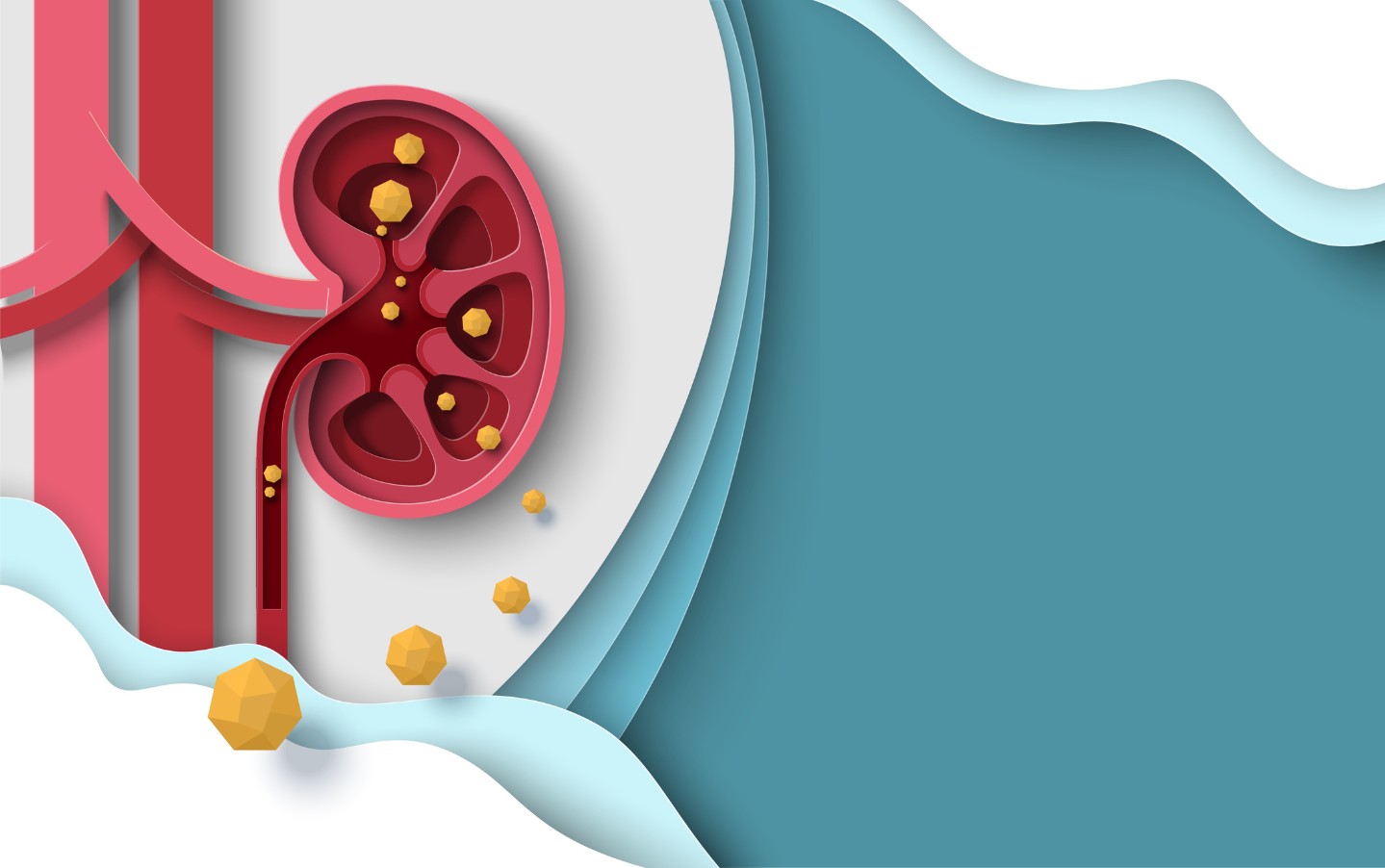Fueling Your Family's Future: A Doctor's Perspective on National Nutrition Month
MAR 01, 2026Good nutrition is about building a foundation for a vibrant, energetic, and disease-resistant life for you and your loved ones.
Read More
Kidney stones have a reputation for causing a tremendous amount of pain. While they can be excruciating, the good news is pain can be controlled and permanent damage can be avoided if treated promptly.
You can also take steps to avoid experiencing a kidney stone problem. Start by understanding the basics about why people get kidney stones and how to avoid them.
Kidney stones are solid, pebble-like pieces of material that form in the kidneys when you have a high level of certain naturally-occuring minerals in your urine. These include calcium, oxalate and uric acid.
There are many causes of kidney stones and these can vary individually. However, they are most commonly due to diet, medications or genetic factors. Eating a diet high in protein, sugar and especially salt may increase your risk. Kidney stones can also be idiopathic, which means of unknown cause.
You may feel a sharp pain in your back, side, lower abdomen or groin. You may also have blood in your urine. Some people have no symptoms at all.
Yes, the size affects how much pain you feel. The location of the stone can also contribute to the amount, location and type of pain you may experience.
The key to treating any kidney stone is ensuring appropriate pain control. After adequate pain control is achieved, we next consider the size of the stone, possible causes/structure/type of stone and the medications needed to dilate ureter. Surgical interventions are reserved for stones of a certain structure and size.
Hydration is key to avoiding kidney stones, so be sure to drink plenty of water. If you have a family history of kidney stones, your provider may recommend you avoid certain foods and beverages.
If you have concerns, talk to your provider. We can make specific recommendations based on your health history and personal habits. Something you can do today is make drinking plenty of water part of your daily routine.

Good nutrition is about building a foundation for a vibrant, energetic, and disease-resistant life for you and your loved ones.
Read More
Raynaud's phenomenon is a rare disorder that affects the blood vessels, most commonly in the fingers and toes, but sometimes also in the nose, ears, or lips.
Read More
Winter brings beautiful snowy landscapes and cozy evenings, but the cold, dry air—indoors and out—can be harsh on our hands, leading to dryness, cracking, and even more serious issues like frostbite. Protecting your hands is crucial for comfort and s...
Read MoreWhen you need local health information from a trusted source, turn to the CHI Health Better You eNewsletter.